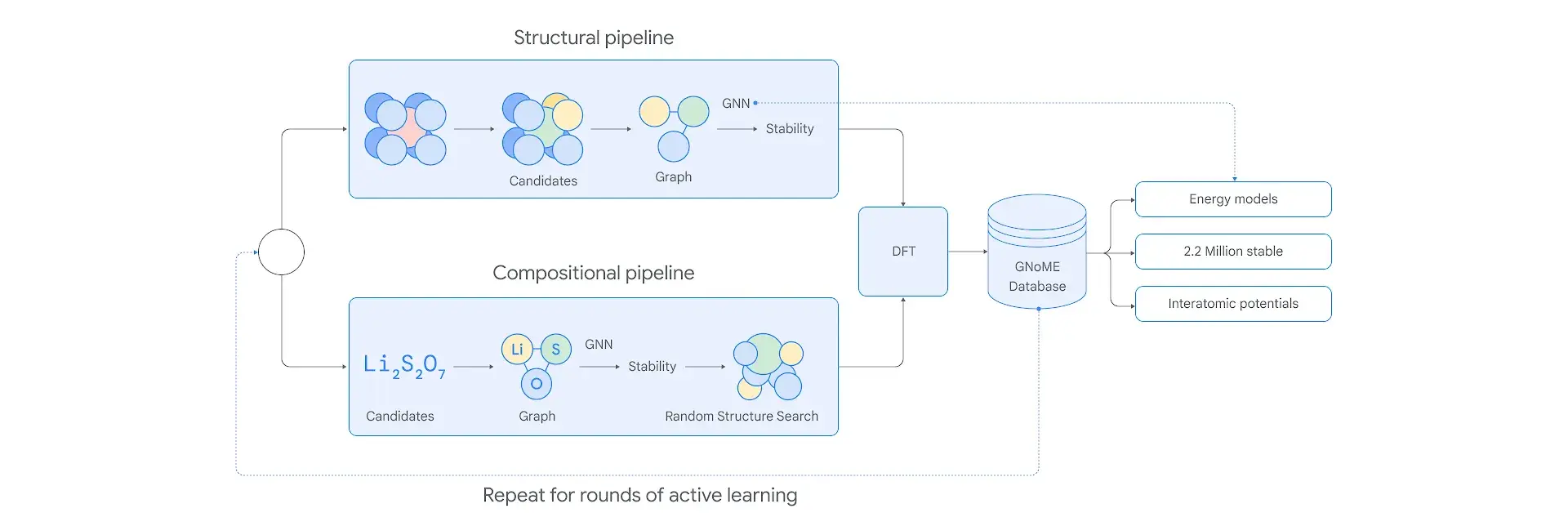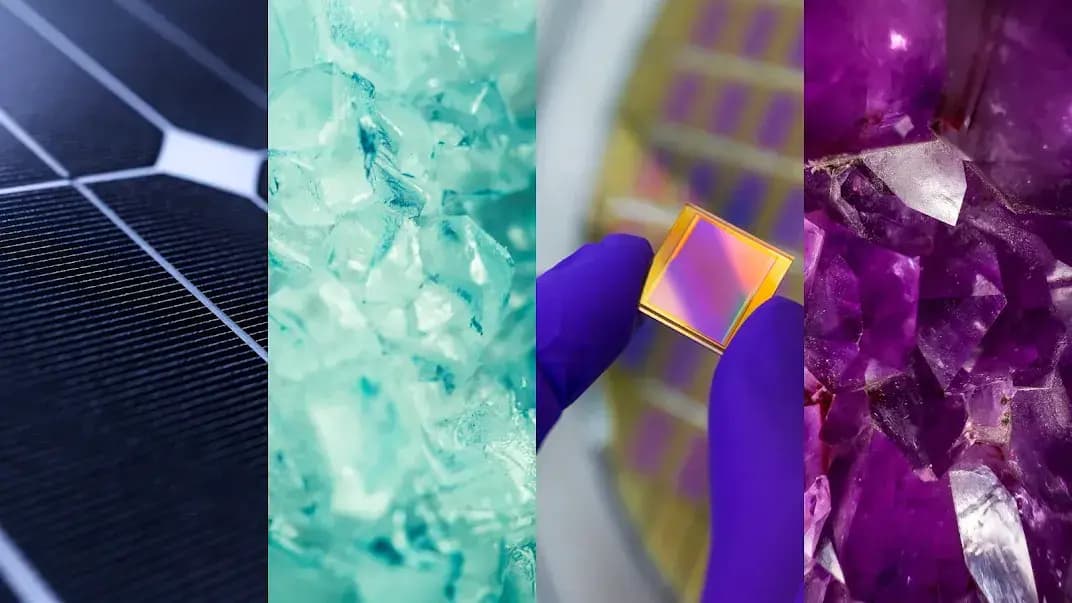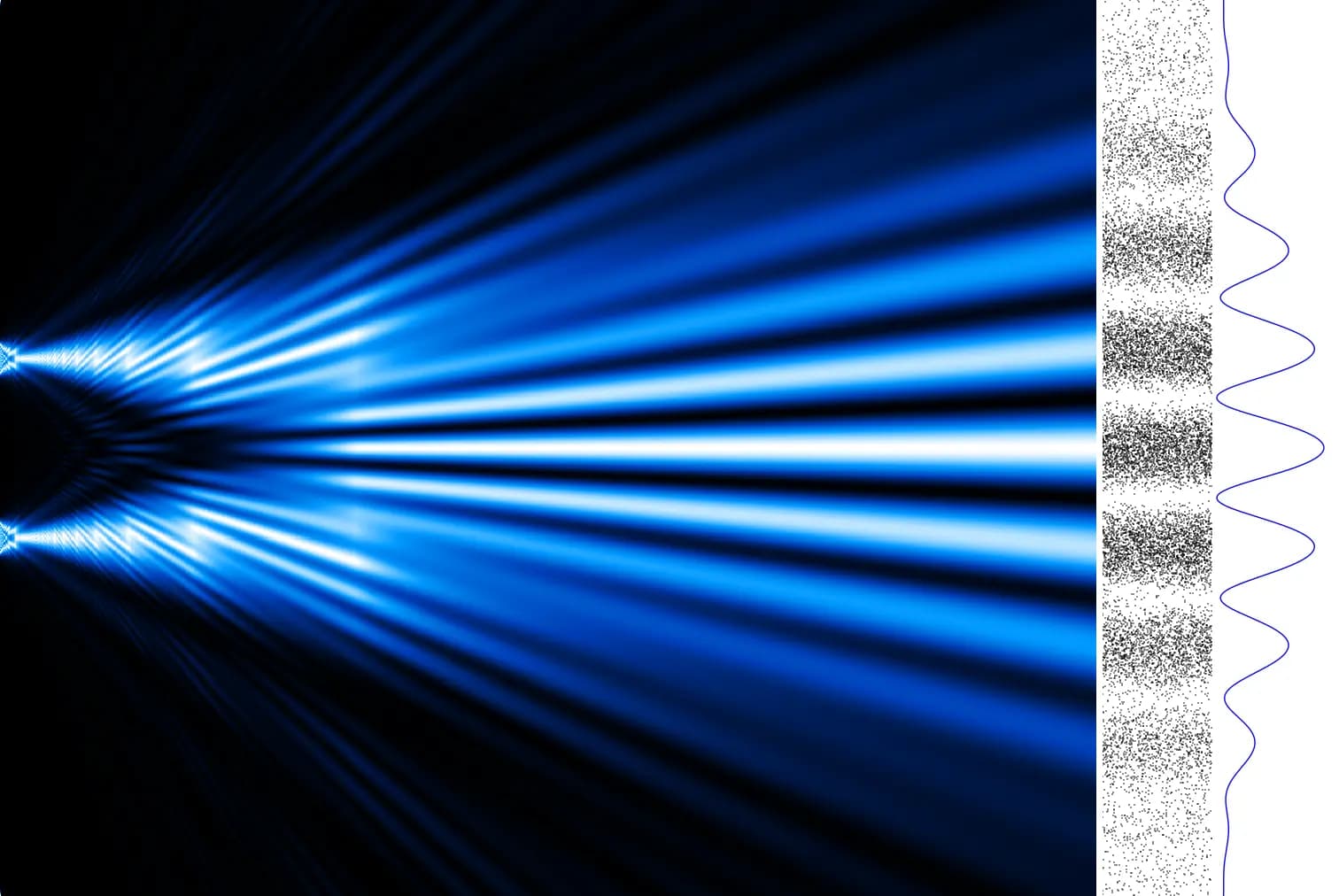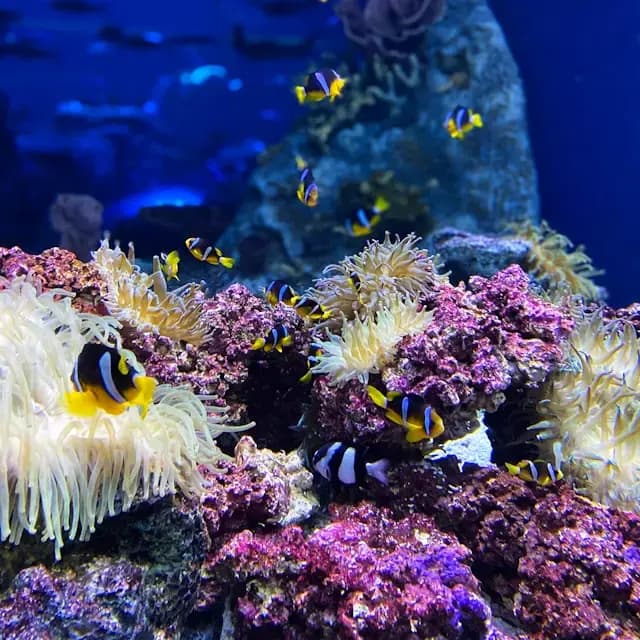Google Deepmind’s AI-powered tool GNoME uncovers millions of new crystals, including hundreds of thousands with potential for groundbreaking technologies.
In a breakthrough that could revolutionize materials science, a new AI tool called GNoME has identified 2.2 million new crystals, including 380,000 stable materials that hold the potential to power future technologies. This represents an 800-fold increase in the number of known stable materials.
Traditional methods of materials discovery are slow and expensive, often requiring months of painstaking experimentation. GNoME, developed by researchers at Google DeepMind and the Lawrence Berkeley National Laboratory, dramatically accelerates this process by using deep learning to predict the stability of new materials.
We’ve multiplied the number of technologically viable materials known to humanity. Of its 2.2 million predictions, 380,000 are the most stable, making them promising candidates for experimental synthesis.
said Lisheng Wei, a research scientist at Google DeepMind and co-author of the study.
 Figure 1: GNoME uses two pipelines to discover low-energy (stable) materials. The structural pipeline creates candidates with structures similar to known crystals, while the compositional pipeline follows a more randomized approach based on chemical formulas. The outputs of both pipelines are evaluated using established Density Functional Theory calculations and those results are added to the GNoME database, informing the next round of active learning. Image courtesy: Google Deepmind
Figure 1: GNoME uses two pipelines to discover low-energy (stable) materials. The structural pipeline creates candidates with structures similar to known crystals, while the compositional pipeline follows a more randomized approach based on chemical formulas. The outputs of both pipelines are evaluated using established Density Functional Theory calculations and those results are added to the GNoME database, informing the next round of active learning. Image courtesy: Google Deepmind
Among the promising new materials identified by GNoME are:
-
52,000 new layered compounds similar to graphene: These materials have the potential to revolutionize electronics with the development of superconductors.
-
528 potential lithium ion conductors: These materials could be used to improve the performance of rechargeable batteries. GNoME’s predictions have already been independently verified in the lab.
-
Researchers have successfully synthesized 736 of the new materials predicted by GNoME. “This is a significant advance in the field of materials science,” said Kristin Persson, a materials scientist at the Lawrence Berkeley National Laboratory and co-author of the study.
GNoME has the potential to revolutionize the way we discover and develop new materials.
The GNoME project is part of a broader effort to use AI to accelerate scientific discovery. In a separate paper, researchers at Berkeley Lab have shown how AI can be used to guide robots in the synthesis of new materials. “We believe that AI can play a major role in the future of materials science,” said Persson.
GNoME is just the beginning.
You may find the original research paper published in Nature Journal at (https://www.nature.com/articles/s41586-023-06735-9)













Responses (0 )